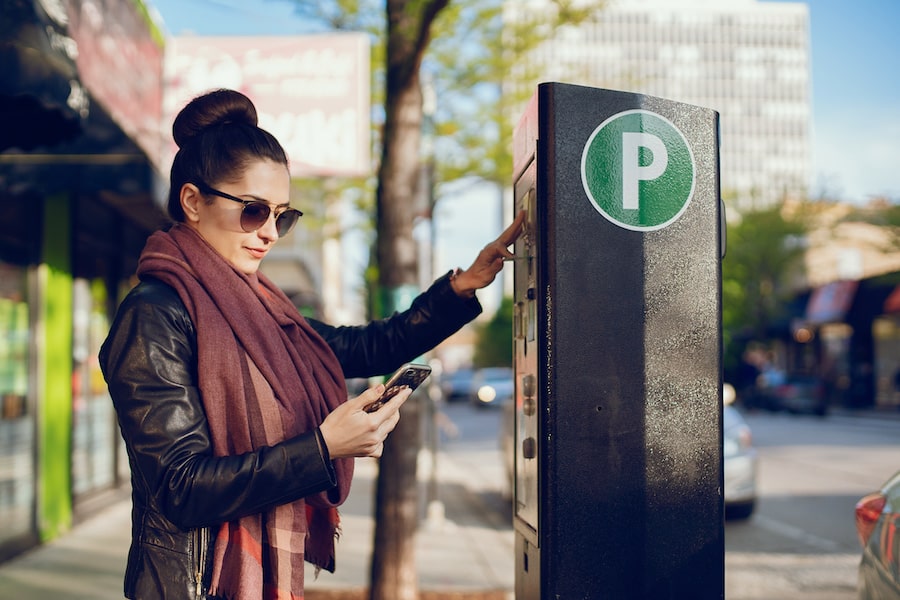If you receive a parking ticket and pay the fine within the given period of time, it will not affect your insurance rates. And in fact, a parking ticket has no direct correlation with your driving or insurance history as long as you pay the fine. Parking tickets are associated with the vehicle owner. The name and address listed on the vehicle owner on the registration will receive the ticket. For example, if you let your friend drive your car and they don’t tell you about the parking ticket…you’ll get a parking ticket in the mail in about a month. Despite not parking the car, physically having the keys, or being anywhere near the car, the responsibility of paying the parking ticket will fall on you. This is an easy example of why you need to be cautious of allowing others drive your vehicle.
Now if you do not pay the parking ticket in a timely manner, a car insurance premium will be the least of your worries. If you have multiple unpaid parking tickets where you live, your car will likely be flagged as a targeted car by the city. The city may put a boot on your car, tow and impound, suspend your registration, and/or send the balance to a collections agency which in turn will damage your credit rating. And if your credit rating takes a hit, so will your car insurance rates.
All but three states (California, Hawaii, and Massachusetts) allow insurance carriers to use credit based insurance scores as a key factor in insurance rates. Credit Based Insurance Score work a bit differently than the typical bank or loan-related credit score. Insurance-based scores don’t factor in your job, income history, gender, or any other personal information. The biggest unfavorable factors car insurance carriers use are past-due payments and accounts in collections. Car insurance companies use credit scores to help determine the likelihood of an insurance claim in the future. To insurance carriers, the lower the credit score, the higher the likelihood of a claim.
The severity of increase differs greatly state to state. According to Customer Reports, the average adult single driver with a clean driving record and excellent credit living in Texas pays $1,338 a year. If the credit score drops from “Excellent” to “Good” range, it increases up to $1,631 ($293 difference or 21.1% higher). And if one was currently in the “Good” range and drops down to “Poor”, rates shoot up to $3,426! That is $2,088 and a 110% increase! Using the same factors, a driver living in Illinois pays $1,124 with excellent credit. With good credit, it increases slightly to $1,252 ($128 difference or 11.4% higher). And those with “Poor” credit, the rate greatly increase to $2,539! That is $1,535 more and a 126% increase!
Often times parking tickets are unwarranted. The posted parking sign is misleading, the sign was missing in front of your parking space, and/or the rules are oddly enforced. If you want to dispute a parking ticket, you must do so timely as allowing a parking ticket go past due opens up a multitude of possible issues. And all of the possible issues will end up costing you much more than paying the parking ticket. Most cities or counties enforcing parking tickets will require a written response and/or a court hearing on why the parking ticket should be removed or revoked. It is highly recommended to bite the bullet and pay the parking ticket even if you plan on disputing the ticket. If you win, you’ll receive a refund. If you allow the ticket citation lapse, the handling department may still pursue collections despite agreeing the ticket was unwarranted.

